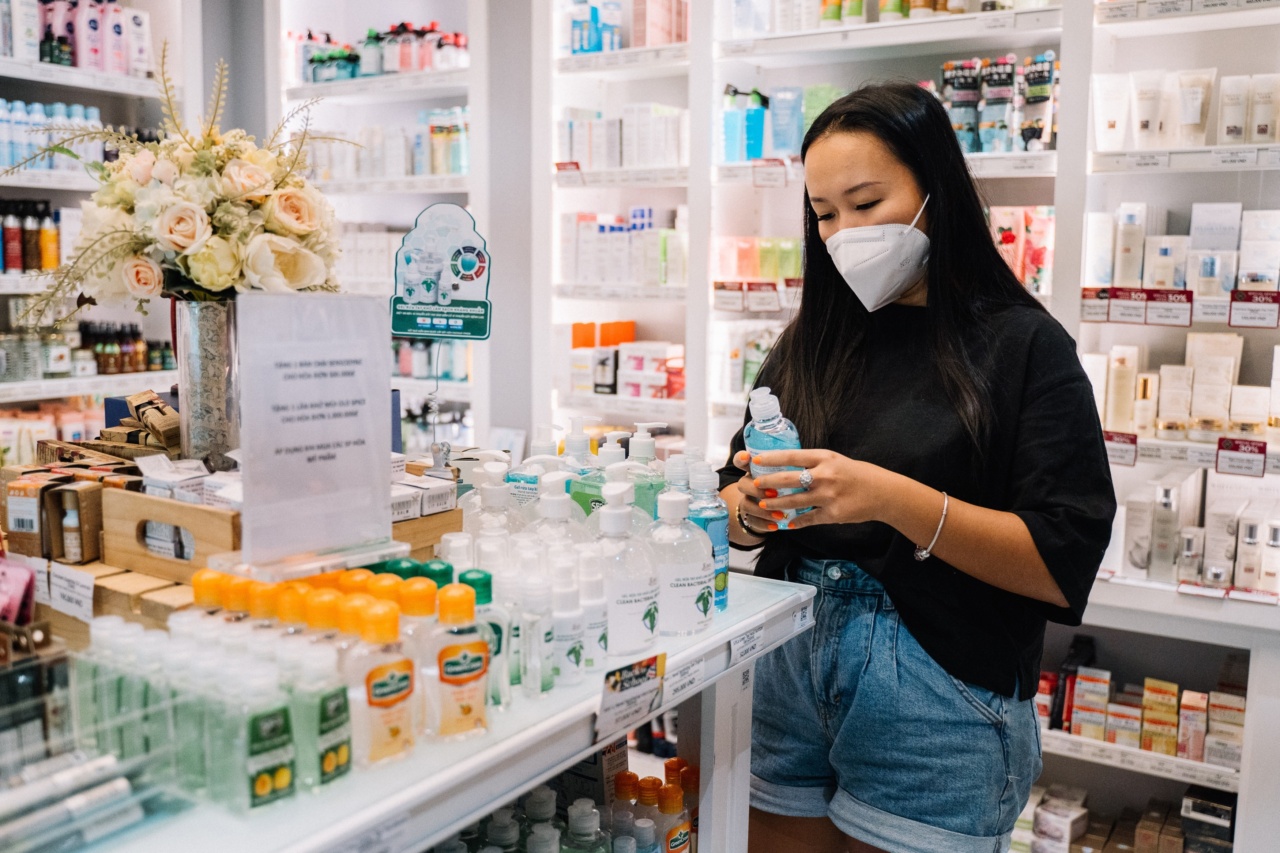Genital itching is a common problem that affects both men and women. It can be very uncomfortable and cause embarrassment to those that experience it.
In this article, we will discuss the causes of genital itching and treatment options that are available.
Causes of Genital Itching
There are several causes of genital itching which include:.
Yeast Infections
Yeast infections are caused by a fungus called Candida albicans. This fungus is naturally present in the body, but when it grows excessively, it can cause an infection. Symptoms of a yeast infection include itching, burning, and discharge.
Bacterial Vaginosis
Bacterial vaginosis (BV) is caused by an overgrowth of bacteria in the vagina. The exact cause of BV is unknown, but it is more common in women who are sexually active. Symptoms of BV include itching, burning, and an unpleasant odor.
Sexually Transmitted Infections (STIs)
STIs such as gonorrhea, chlamydia, and herpes can cause genital itching. These infections are typically spread through sexual contact and can lead to serious health problems if left untreated.
Menopause
During menopause, hormonal changes can cause the skin around the vagina to become thin and dry. This can lead to itching and discomfort.
Allergic Reactions
Skin allergies or sensitivities to products such as soaps, detergents, and perfumes can cause genital itching. This type of itching may also be accompanied by a rash.
Treatment Options
The treatment options for genital itching depend on the underlying cause:.
Yeast Infections
Yeast infections can be treated with antifungal medications such as clotrimazole, miconazole, and terconazole. These medications can be purchased over-the-counter or prescribed by a doctor.
Bacterial Vaginosis
BV can be treated with antibiotics such as metronidazole and clindamycin. These medications can be prescribed by a doctor.
STIs
STIs require treatment with prescription antibiotics. It is important to see a doctor if you suspect you may have an STI.
Menopause
Menopause-related itching can be relieved with over-the-counter moisturizers and lubricants. Hormone replacement therapy may also be an option.
Allergic Reactions
Allergic reactions can be treated by avoiding the irritant and using over-the-counter antihistamines and topical creams.
Prevention Tips
There are several steps you can take to prevent genital itching:.
- Avoid using scented bath products, soaps, and detergents on your genital area.
- Wear loose-fitting clothing made from breathable fabrics such as cotton.
- Practice safe sex and get tested for STIs regularly.
- Stay hydrated and avoid foods that are high in sugar and yeast.
When to See a Doctor
If you experience persistent genital itching or other symptoms such as discharge, pain, or swelling, you should see a doctor. They can help determine the underlying cause of the itching and recommend a treatment plan.






























